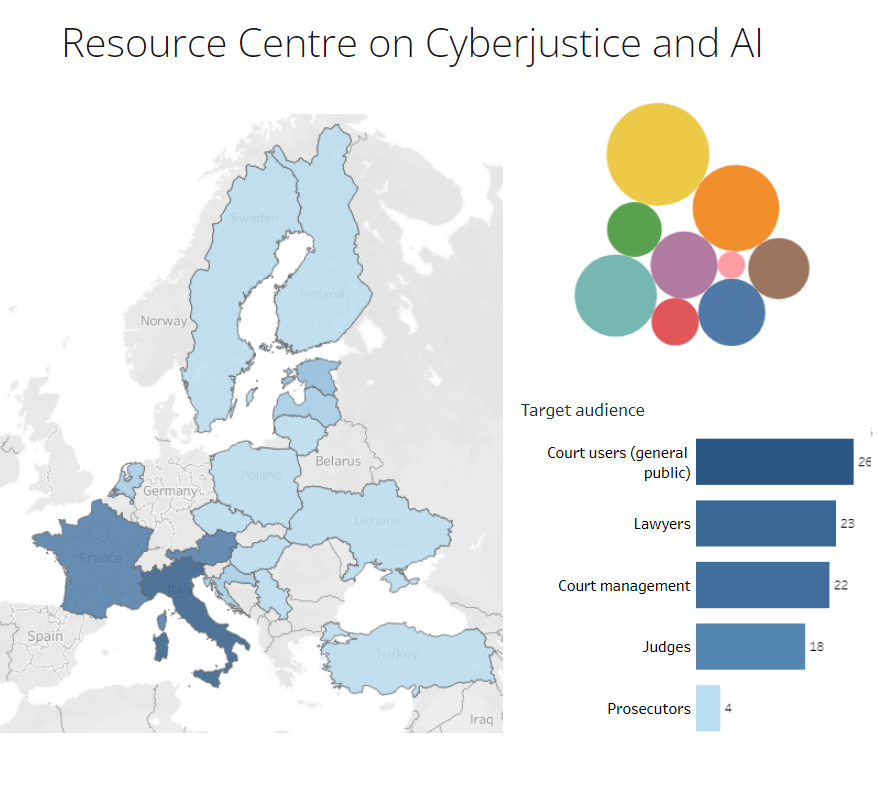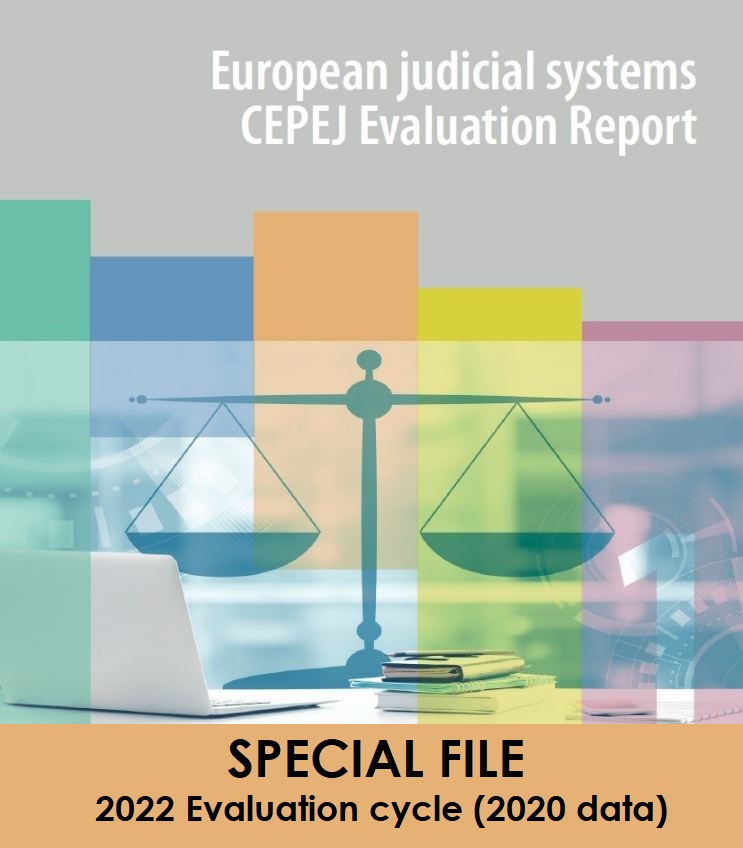Justice of the future : justice and artificial intelligence
CEPEJ organised a Study Session on "Artificial Intelligence and Judicial Systems" on 27 June 2018 from 9.30 am to 12.30 pm.
Link to the presentations, biographies and CVs of the speakers
AI to serve the efficiency and the quality of justice
Giuseppe CONTISSA, Professor in Legal Informatics at LUISS University, Rome (Italy)
What is AI?
Jean LASSÈGUE, Philosopher and epistemologist, National Centre for Scientific Research (CNRS) research fellow and associate searcher at Advanced study institute on justice (IHEJ) (France)
AI and criminal justice
Aleš ZAVRŠNIK, Senior research fellow at the Institute of Criminology, associate professor at the Faculty of Law in Ljubljana University (Slovenia) and EURIAS Research Fellow 2017-18 at the Collegium Helveticum in Zürich
What role for AI in a judge's decision-making process ?
Dory REILING, Honorary senior judge, independent information technology and judicial reform expert (Netherlands)
Towards a European ethic for algorithms?
Exchange of views with the CEPEJ members
Francesco CONTINI, Senior researcher at the Research Institute on judicial systems - National Research Council (IRSIG-CNR), Bologna (Italy)
Council of Europe and Artificial intelligence
![]() First parliamentary Forum of Legal Techs, at the French Sénat, 18 June 2018 - only in French
First parliamentary Forum of Legal Techs, at the French Sénat, 18 June 2018 - only in French
![]() Conference “Opportunities and Challenges in Regulating Robotics and Artificial Intelligence. A comparative approach", European University Institute, 19 May 2018
Conference “Opportunities and Challenges in Regulating Robotics and Artificial Intelligence. A comparative approach", European University Institute, 19 May 2018
![]() ENCJ Digital Justice Forum, 2 May 2018
ENCJ Digital Justice Forum, 2 May 2018
The CEPEJ has just published its 16th Newsletter dedicated to the theme of: "Predictive justice and artificial intelligence (AI)”. Artificial intelligence in the field of justice is central to debates in all Council of Europe member States. The newsletter provides an overview of some of AI's applications in the justice field and describes some of the challenges and issues facing public policy makers. The newsletter also describes the work in progress within the CEPEJ, both in the fields of judicial timeframes, quality of justice, mediation, evaluation of judicial systems and cooperation.
Collaborative workspaces:






